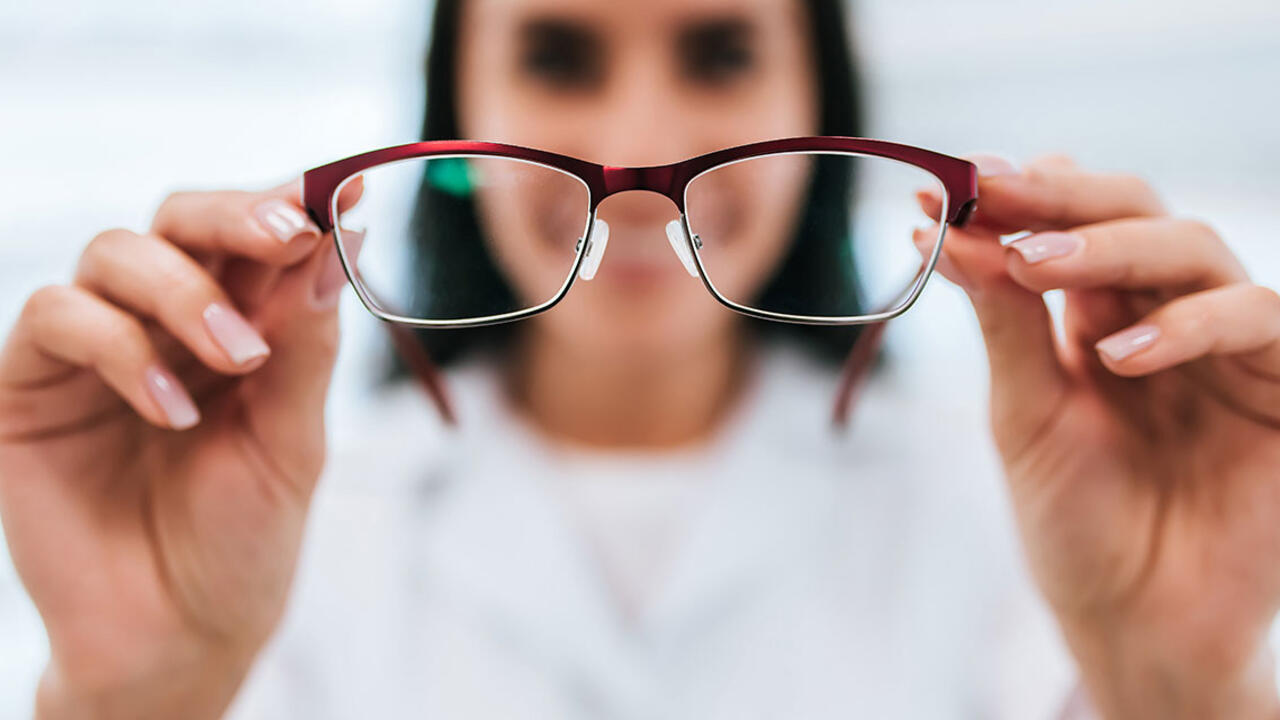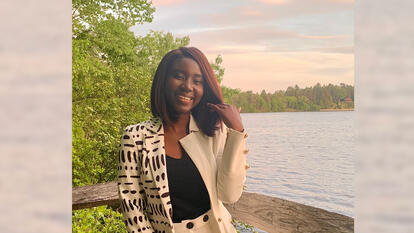Do Glasses-Wearing Candidates Have an Edge? Wellesley Professor Weighs In

In its recent report on new research that examines the link between a political candidate’s success and whether he or she wears glasses, CNBC asked Olga Shurchkov, associate professor of economics at Wellesley, for her perspective.
Researchers from the University of Cologne, Germany, and the University of Groningen, the Netherlands, found that people preferred politicians who wore glasses over those who did not. In their experiments, CNBC reported, the researchers showed people images of politicians— some with glasses, some without—and asked them to say how likely they were to vote for that candidate based on appearance alone. Participants, who were not told about the individuals’ experience, policies, personal history, or other details, generally preferred the politicians who wore glasses.
Shurchkov, who has studied how appearance can influence people’s success in the workplace, told CNBC that she would urge caution in concluding that the study showed glasses might influence a candidate’s chances for success: “Because all the experiments are so well controlled and the participants had no other information, only the image, any characteristic associated with appearance, such as glasses, then becomes more much important to the decision-making process. In the real world, people would know other information about a candidate, and so glasses may not be as important a factor as it was in a study like this."
Shurchkov expanded on this commentary outside the article, saying that it is also important to consider how wearing glasses interacts with a candidate’s age and gender, for example, something the researchers did not incorporate into their “all else equal” experiments. When all else is stripped away (past performance, resumes, etc.), people tend to focus on the information that’s most salient. Voters in the real world, on the other hand, have a lot more information about the candidates.
“I would caution the reader from running out and buying some glasses upon this advice,” Shurchkov said via email. “First, the highly stripped-down setting of the study yields what I would call an upper bound on the positive effect of glasses. In other words: It does hurt to appear smarter, when you are actually not, because you can’t fake actual credentials and expertise. And second, this is only one study, and the heart of science is replication, so we would need to build up a bigger body of evidence, including studies that involve more realistic settings and context.”
In her research, Shurchkov and her colleagues have found that it is not physical appearance but rather confidence and presence that help people land an opportunity, and then actual competence ensures they will keep their jobs/positions. Competence is more important than looks when performance actually matters.
“Now, note that confidence and attractiveness are correlated, and that’s a big part behind why we find the beauty premium. More confident individuals appear more attractive to others. On the other hand, feeling attractive also makes us feel confident,” said Shurchkov. “So if I were to give one word of advice before an interview or a speech, it would be to build confidence in whichever way works for you. If you gain confidence from reviewing interview answers out loud, from practicing a martial art or jogging, or from donning glasses—great.”



